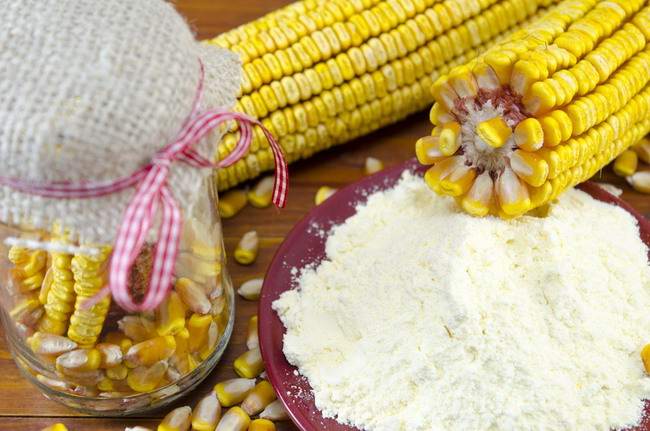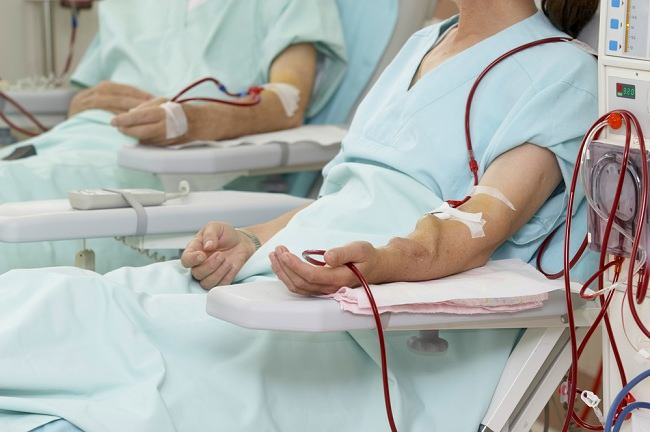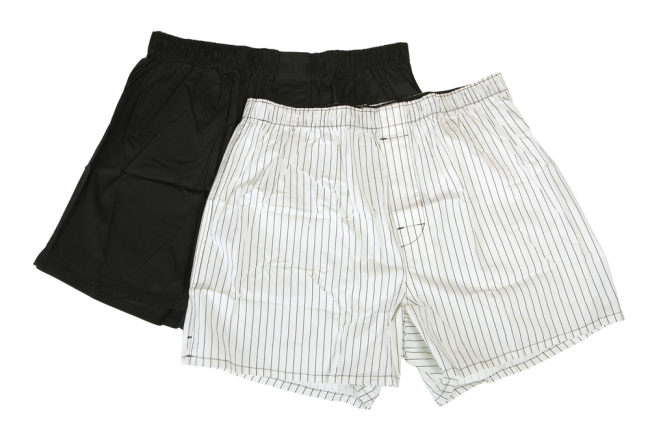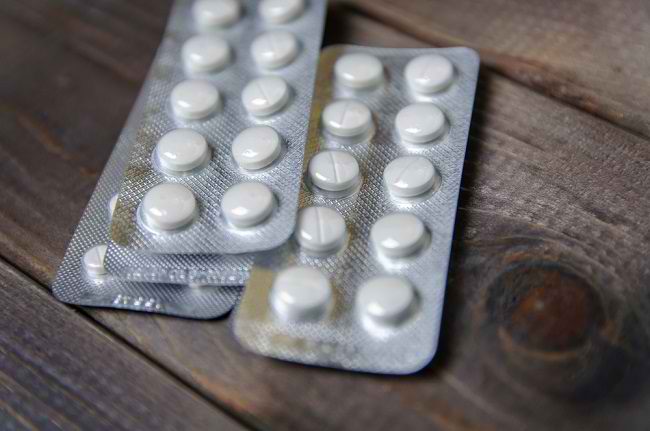After giving birth, some mothers are unable to excrete breast milk (ASI), even for days. One of the things that can be done to overcome this is to ask for breast milk donors. The question is, is breast milk donor safe and what are the regulations in Indonesia?
Breast milk that does not come out often makes nursing mothers restless in the early days after the baby is born. If various efforts have been made but breast milk has not yet come out, donor breast milk may be an option so that exclusive breastfeeding can still be fulfilled. However, there are some considerations that you need to understand beforehand.

Considering Breastfeeding Donors
The culture of donating breast milk or breastfeeding mothers (infant breastfed not by the biological mother) has existed for a long time and is quite common until now. However, breast milk donors still invite pros and cons, for example because of concerns about diseases that breast milk donors may suffer.
The Indonesian government through the Ministry of Health has set various policies related to breastfeeding donors. There are certain conditions in which breast milk donors need to be considered, including:
- The baby has health problems.
- The baby was born with the condition that his biological mother died.
- Babies must be separated from their biological mothers for certain reasons.
In countries such as the United States and Canada, there are breast milk banks that will regulate the requirements regarding the health of breast milk donors. This organization also regulates where breast milk donation will be prioritized, for example to babies who are in the intensive care unit (ICU) of a hospital and whose mother is unable to breastfeed.
In Indonesia, breast milk donation has often been done, but without a breast milk bank. Generally, breast milk donation is done informally among friends and relatives or through online forums.
Before Giving or Receiving Donor Breastmilk
In government regulation no. 33 of 2012 concerning exclusive breastfeeding, it is stated that there are several things that need to be considered before giving or receiving donor breast milk, including:
- Donor breast milk can be given if it is requested by the biological mother or the baby's family.
- The baby's family has the right to know the identity of the breast milk donor, including their religion and address.
- Breast milk donors must also know the identity of the baby they will breastfeed.
- Breastfeeding must be given according to religious norms, and taking into account the socio-cultural values and safety of breastfeeding.
In addition, there are several things that must be fulfilled by breast milk donors, namely:
- Have a baby less than 6 months old
- You have already met the needs of the baby before deciding to donate, because of the excess milk production
- Not taking medications that can affect the baby's health, including thyroid hormone and insulin
- Have no history of infectious diseases, such as hepatitis or HIV
- Do not have sexual partners who are at risk of infection with the disease, for example partners who have a history of high risk sexual activity or who regularly get blood donors
- Don't drink alcohol or smoke
- Undergo screening tests that include testing for HIV, human T-lymphotropic virus (HTLV), syphilis, hepatitis B, hepatitis C, and CMV
In addition, breast milk also needs to be prepared properly. Some things to note are:
- Express breast milk with a breast pump or clean device.
- Expressed breast milk is stored in a closed container, such as a glass bottle or special breast milk storage bag.
- Breast milk has gone through a heating or pasteurization process.
Breastfeeding donation is a form of helping to fulfill the baby's right to exclusive breastfeeding. However, some people may feel hesitant to accept donor breast milk.
If the baby can't get breast milk at all from the birth mother and the family doesn't want to donate breast milk, there is another option that can be done, namely induction of lactation.
However, there is actually no need to hesitate to accept or donate breast milk. However, make sure you know the requirements regarding breast milk donors, so that the breast milk you get can be ensured to be safe.
Apart from this article, you can also take information by reading the experiences of those who have previously received or donated breast milk on online forums for breastfeeding mothers. Consulting a lactation consulting service can also be very helpful. So, there's no need to be confused anymore about donating breast milk, OK?









